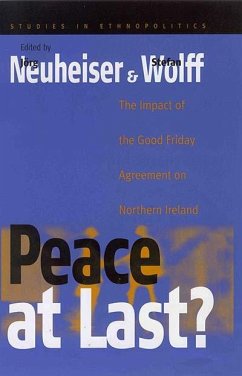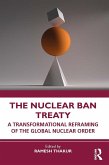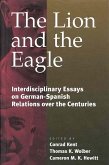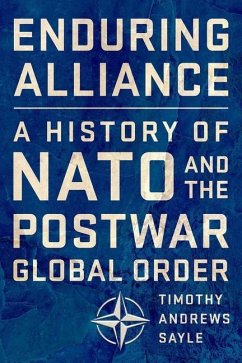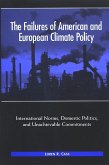Spanning more than thirty years, and costing over 3000 lives, the conflict in Northern Ireland has been one of the most protracted ethnic conflicts in Western Europe. After several failed attempts to resolve the fundamental differences over national belonging between the two communities in Northern Ireland, the Good Friday Agreement of 1998 seemed to offer the long awaited chance of sustainable peace and reconciliation.
By looking at the various dimensions and dynamics of post conflict peace-building in the political system, the economy, and society of this deeply divided society, the contributors to this volume offer a comprehensive analysis of Northern Irish politics and society in the wake of the Good Friday Agreement and conclude that this is probably the best chance for a stable and long-term peace that Northern Ireland has had but that the difficulties that still lie ahead must not be underestimated.
By looking at the various dimensions and dynamics of post conflict peace-building in the political system, the economy, and society of this deeply divided society, the contributors to this volume offer a comprehensive analysis of Northern Irish politics and society in the wake of the Good Friday Agreement and conclude that this is probably the best chance for a stable and long-term peace that Northern Ireland has had but that the difficulties that still lie ahead must not be underestimated.
Dieser Download kann aus rechtlichen Gründen nur mit Rechnungsadresse in A, D ausgeliefert werden.

